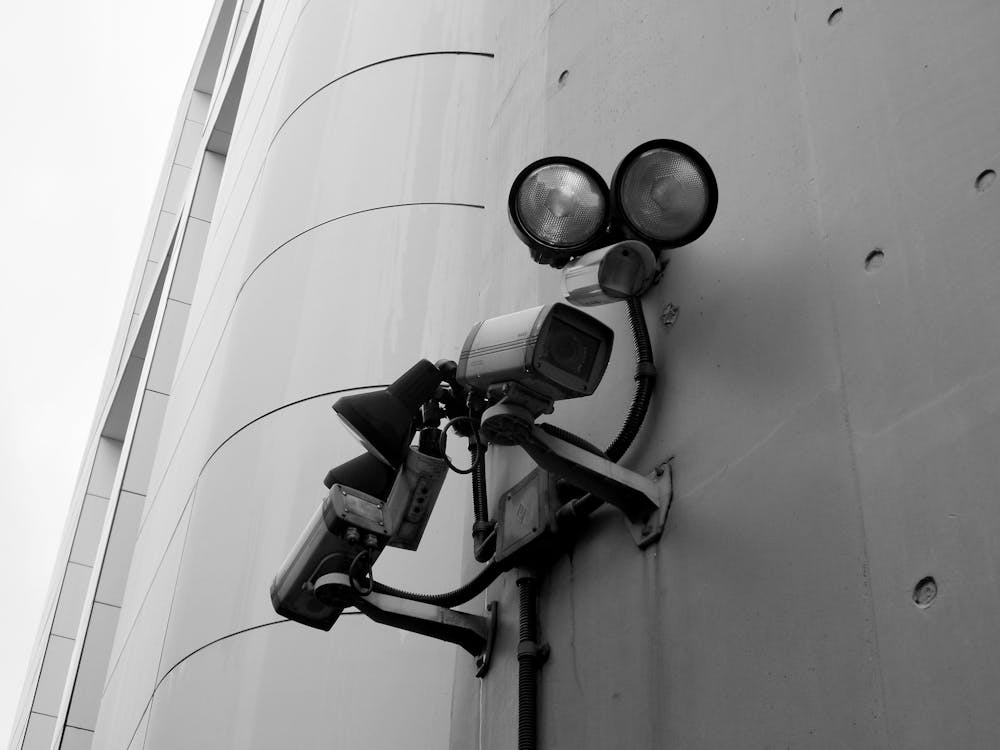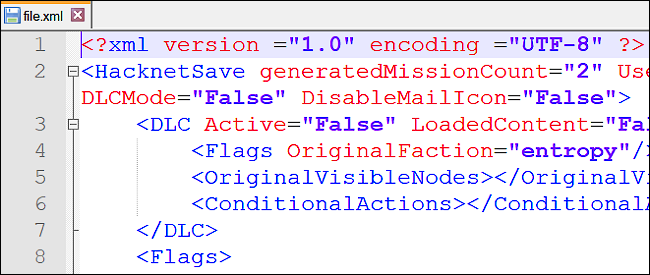In today’s rapidly evolving world, the need for security has never been more critical. Whether it’s safeguarding homes, businesses, or public spaces, implementing an effective security system is a top priority for many. Security systems protect against intruders, theft, vandalism, and in some cases, emergencies like fire or medical incidents.
The rise of modern technology has revolutionized how we think about security, giving us access to a wide range of systems tailored to different needs. However, choosing the right security system can feel overwhelming due to the numerous types available. Understanding these types and their functionality is crucial for making an informed decision.

In this article, we’ll explore the main types of security systems, the benefits of integrating these systems into your life, and how to choose the best option for your specific needs. By the end of this guide, you’ll have a clearer understanding of the security systems landscape, helping you protect what matters most.
What Are The Types Of Security Systems?
Security systems come in many forms, each tailored to meet different needs, preferences, and environments. Below are some of the most common types:
Burglar Alarm Systems
Burglar alarm systems are one of the most well-known types of security systems. Their primary function is to detect unauthorized entry into a building or area. They can be as simple as a basic setup that uses sensors on doors and windows or more complex with motion detectors and cameras.
- Basic Alarms: These systems often involve door/window sensors and sound alarms when they detect a breach. They’re straightforward to install but may lack advanced features.
- Monitored Alarms: These are connected to a central monitoring station, which responds to the alarm by contacting the authorities or dispatching security personnel. This type of system provides a higher level of security and peace of mind.
Surveillance Camera Systems (CCTV)
Surveillance systems, commonly known as Closed-Circuit Television (CCTV), involve the use of cameras to monitor and record activities in and around a property. They are prevalent in both commercial and residential settings.
- Analog Cameras: These older systems capture video and transmit it to a recording device via cables. While effective, they’re gradually being replaced by newer digital technologies.
- IP Cameras: These digital cameras send and receive data over the internet. They offer high-definition video quality, and remote viewing options, and often include features like night vision and motion detection.
- Wireless Cameras: As the name suggests, these cameras don’t require physical wires for transmission. They’re easy to install and offer flexibility in placement but may be prone to signal interference.
Access Control Systems
Access control systems manage and restrict entry to specific areas of a building. They’re widely used in businesses, offices, and institutions to limit access to sensitive areas.
- Keypad Access: Requires a specific code to be entered on a keypad for entry. It’s one of the simplest and most cost-effective forms of access control.
- Card-Based Systems: Employees or residents use a card or key fob to gain access. These systems are more secure as they allow for tracking of who enters and exits a building.
- Biometric Systems: These advanced systems use fingerprints, facial recognition, or retinal scans to grant access. They provide the highest level of security and are becoming increasingly popular in corporate and government settings.
Smart Home Security Systems
Smart home security systems integrate multiple devices that can be controlled remotely via a smartphone or computer. They often include cameras, doorbells, motion sensors, and smart locks.
- DIY Smart Systems: Many companies offer do-it-yourself kits that homeowners can install on their own. These kits often come with a range of devices, including smart cameras, alarms, and locks, all of which can be controlled from an app.
- Professional Smart Systems: These systems are installed by professionals and often come with 24/7 monitoring services. They can also be integrated with other smart home devices, such as lighting or thermostats, providing a more comprehensive home automation experience.
Environmental Monitoring Systems
These security systems don’t protect against theft but monitor environmental changes that could pose risks to property, such as smoke, fire, carbon monoxide, or flooding.
- Smoke Alarms: Detect smoke and sound an alarm to alert occupants to a fire.
- Carbon Monoxide Detectors: These detect dangerous levels of carbon monoxide, a colourless and odourless gas, in the air.
- Water Leak Sensors: Installed in areas prone to flooding, these sensors alert homeowners to water leaks, preventing costly water damage.
How Do Security Systems Work?
Security systems, regardless of the type, all operate on the same basic principle: they detect and alert. They consist of a series of components that work together to monitor for potential threats and respond accordingly. Here’s how the main components typically work:
- Sensors: These are the eyes and ears of the system. Sensors detect changes in their environment, whether it’s a door opening, movement in a room, or the presence of smoke.
- Control Panel: The brain of the system, the control panel receives data from the sensors and decides whether to trigger an alarm. It’s often where users interact with the system, input codes, or arm/disarm the security system.
- Alarms: If a sensor detects something unusual, the alarm system is activated. This could be a loud siren, flashing lights, or a notification sent to a smartphone.
- Monitoring Services: In monitored systems, alarms are also sent to a security company or a monitoring centre. They verify the threat and notify emergency services if necessary.
How To Choose The Right Security System?
Choosing the right security system depends on various factors, including your needs, budget, and the specific risks you want to mitigate. Here’s a guide to help you make an informed decision:
- Assess Your Needs: The first step is determining what you want to protect. Is it your home, a business, or valuable assets? Identify the potential threats you face, whether it’s break-ins, fire, or environmental risks.
- Consider Your Property Size: The size of your property will impact the type of system you need. Larger homes or businesses might require more cameras, sensors, and advanced monitoring features.
- Budget: Security systems range in price. A simple DIY system may be enough for a small apartment, while a business may require a more robust system with professional monitoring. Set a budget that balances your security needs with the features you want.
- Monitoring Preferences: Decide whether you want a self-monitored system or one connected to a professional monitoring service. Self-monitoring gives you more control but may lack immediate response times, whereas professional services offer 24/7 oversight.
- Ease of Use: Ensure the system you choose is user-friendly, especially if multiple people will be using it. Some systems can be controlled with a mobile app, while others may rely on keypads or remote controls.
- Integration with Other Systems: If you have or plan to install other smart devices, such as lighting, thermostats, or voice assistants, look for a security system that integrates seamlessly with your smart home ecosystem.
Conclusion
Security systems have evolved significantly over the years, offering a wide range of options to suit various needs and budgets. Whether you’re looking for basic protection with burglar alarms or a comprehensive setup with cameras, access control, and smart features, there is a solution for everyone.
Understanding the different types of security systems, how they work, and what factors to consider when choosing one ensures you’re well-prepared to make a decision that best protects your property and loved ones.
In an increasingly uncertain world, investing in a reliable security system is more than just a precaution—it’s a necessity for peace of mind.
Looking for more information? Click and visit the security systems hobart, today!

